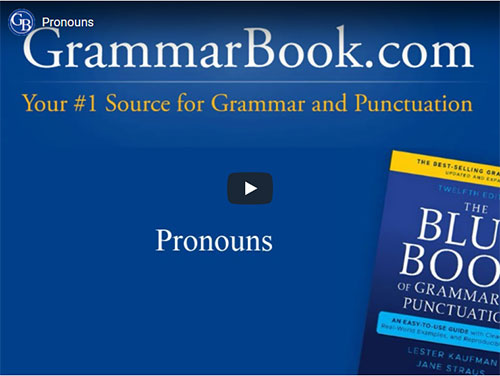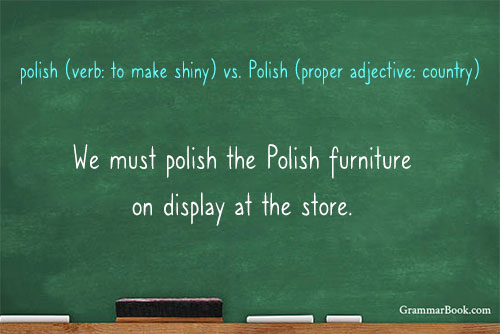|
Contractions in English are the shortening of words, phrases, or numerals by omitting characters and replacing them with an apostrophe. The apostrophe represents the missing letters or numbers.
You likely use contractions daily in your communications. In writing and speech, they help us save time in exchanging thoughts and ideas. They conserve space and length in our writing as well. This can be particularly useful in text messages and in media such as commercial and classified advertising.
Contractions in English also contribute to a more-relaxed tone between people. In the proper context, they can show a comfort with someone. In certain cases in business correspondence, they can also establish an image or personality of being trustworthy and “real” as opposed to aloof and clinical.
You are probably familiar with contractions in uses such as:
| he will |
he'll |
|
of the clock |
o'clock |
| they would |
they'd |
|
doing |
doin' |
| rock and roll |
rock 'n' roll |
|
will not |
won't |
| class of 1987 |
class of '87 |
|
I am |
I'm |
Note that in contractions the apostrophe curves toward—not away from—the missing letters or numbers.
Contractions can often appear within regional dialects. For example, in some parts of the U.S., one might hear or even read (in casual or informal writing) words such as doin' (doing), goin' (going), ma'am (madam), and y'all (you all).
It's also common in American English to contract nouns and immediately following auxiliary (modal) verbs.
Examples
My mom'll (mom will) be there tomorrow.
Who's (Who is) going with us to the pot-luck dinner?
Daryl's (Daryl has) been to Vancouver three times. |
When using contractions, keep in mind that some words that may sound like a contraction are not one. Some examples are till and round, which in certain contexts are whole words—i.e., we would not write them as 'till or 'round. If within a sentence it is clear that we are shortening until or around, usually as slang or dialect, we would use 'til or 'round.
Contractions in English: Negative Constructions
The contraction for not is often added to auxiliary verbs such as do, should, have, and must. It is formed by omitting the letter o, replacing it with an apostrophe, and joining the contracted not to the auxiliary: do not > don't, should not > shouldn't, have not > haven't, must not > mustn't.
You likely notice that before they are contracted, most negative constructions appear as two words (do not, must not). An exception to this is the word cannot, which is one word in the negative form. It is contracted as can't.
Another irregularity is the negative phrase will not, which undergoes an orthographic (spelling) change in its contraction by replacing the i with an o and dropping the -ll: will not > won't.
Some negative constructions also are rarely contracted in American English because they are viewed as overly formal and even archaic: e.g., shall not > shan't, ought not > oughtn't.
The modal verb may does not have a negative contraction: may not > mayn't.
Contractions in English: Formal Writing
Most contractions in daily formal writing are typically discouraged for the same reason they are encouraged in informal writing—i.e., their familiar, casual tone. In more-formal contexts such as reports, articles, nonfiction books, research, and corporate communications, contractions can be perceived as lacking proper decorum.
Within formal writing, unless we have an understood reason not to, we will write he will instead of he'll, doing instead of doin', and I am instead of I'm. Exceptions include contractions that are recognized as standard shortening of characters rather than relaxing of formality, e.g., o'clock, rock 'n' roll, and class of '87.
We should always consider our audience and the intended effect of our writing when we are choosing whether to include contractions.
Related Topic
Clipping Syllables to Sizes We Like
The Diversity of American English Dialects
|





